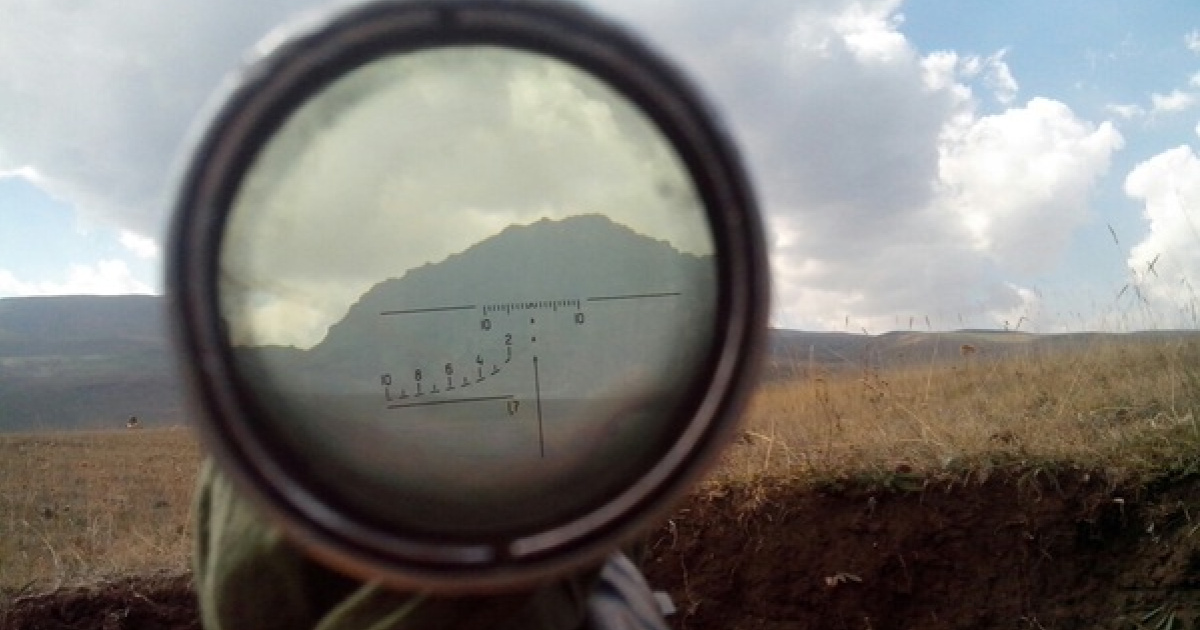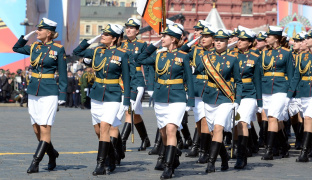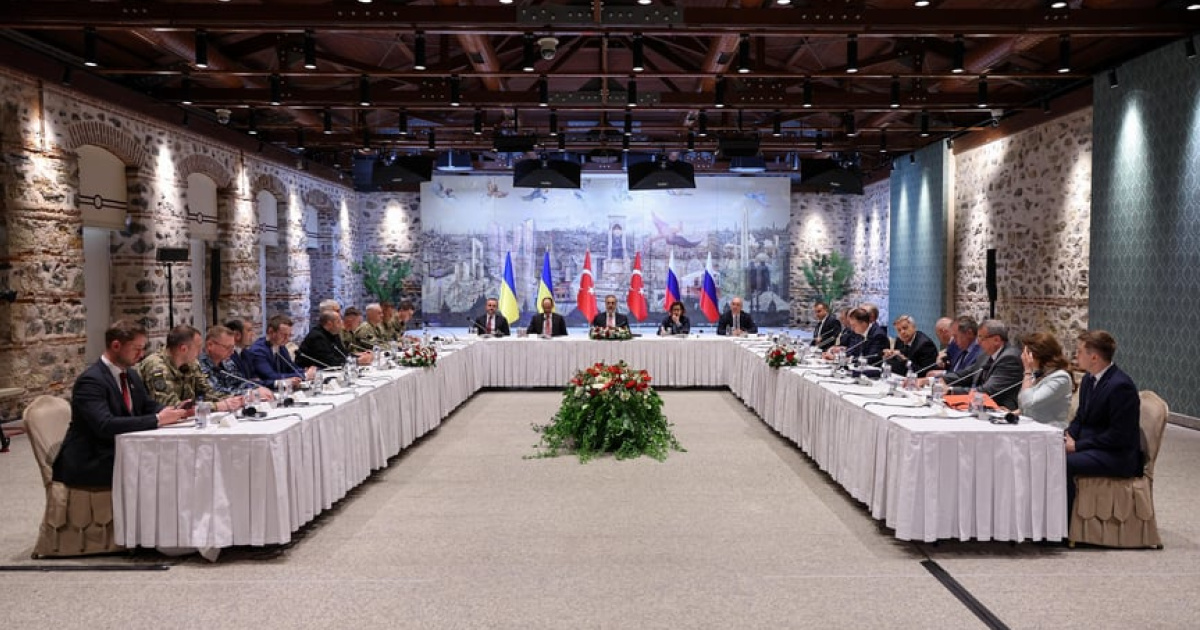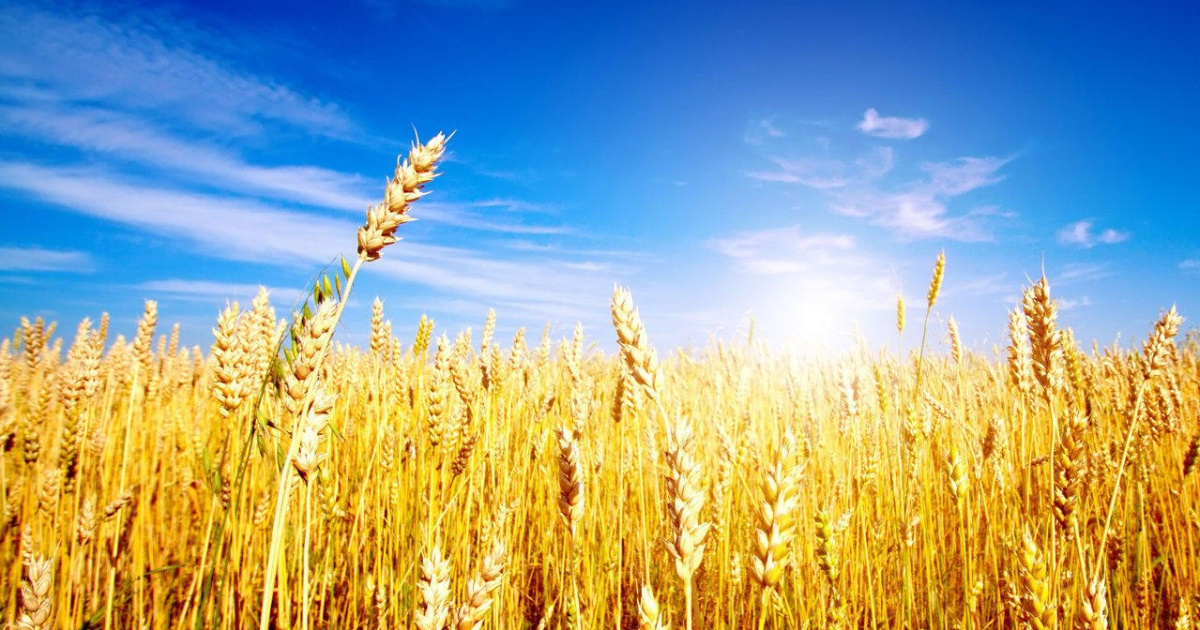 Political and economic independence do not always go hand in hand. For many years after the collapse of the Soviet Union, the first aspect in Ukraine outpaced the second one. By several steps. However, after 32 years, it can be noted that they have aligned, especially when it comes to breaking away from russian influence. And that is the main outcome.
Political and economic independence do not always go hand in hand. For many years after the collapse of the Soviet Union, the first aspect in Ukraine outpaced the second one. By several steps. However, after 32 years, it can be noted that they have aligned, especially when it comes to breaking away from russian influence. And that is the main outcome.
On the other hand, when the world's strongest economy, the United States, cannot function without Chinese microchips, it signifies one thing. Globalization has reached such a level where complete economic independence is not feasible in general. Not for anyone. The challenge remains to find a "place under the sun", i.e. to occupy a niche in international markets. And if you got kicked out of one niche, you should search for a new one.
Ukraine is not russia. Nor is it Poland…
Kremlin propagandists like to recall how in 1991, Ukraine ranked 8th in the world in terms of Gross Domestic Product (GDP). They compare this with recent years' indicators. Their implication is that these are the consequences of Kyiv's independence. Indeed, by the end of 2021, Ukraine's GDP volume ranked only 40th, according to the International Monetary Fund.
However, one must understand that in 1991, Ukraine was part of the Soviet planned economy – an entirely different model. One that proved to be unsustainable. Hence, it no longer exists. Thus, such a comparison is, at the very least, inappropriate.
Secondly, if we look at the dynamics of Ukraine's and russia's GDP, they coincide. In both cases, the dismantling of the previous economic system was accompanied by a profound decline. This decline was followed by an upturn in the mid-2000s, coinciding with the rise in global commodity prices.
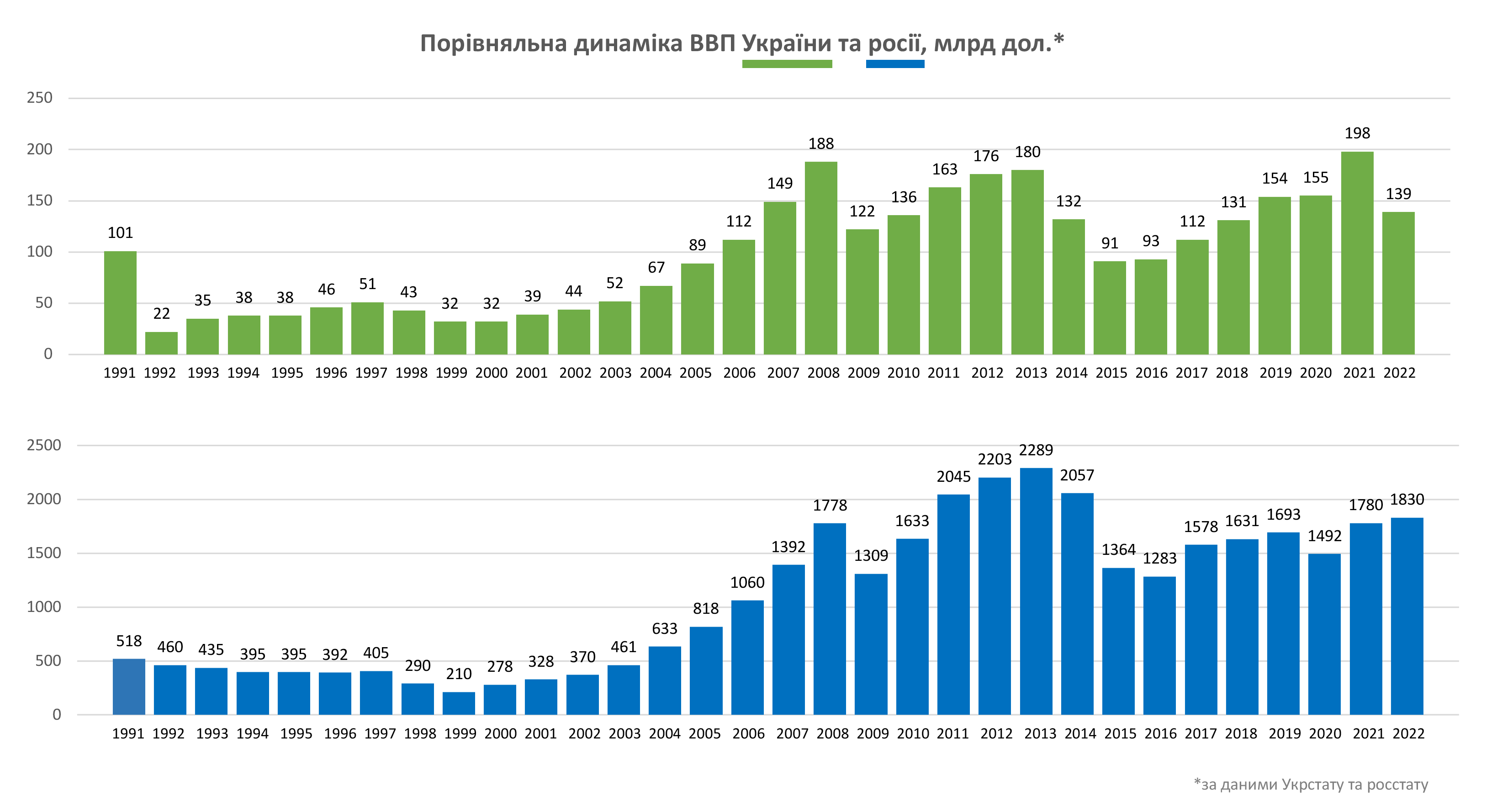
Comparative GDP dynamics of Ukraine and russia, billion USD
Russia, with its oil and gas resources, was able to "squeeze" much more from this trend than Ukraine, which primarily sold iron ore, metals and grain. These were relatively cheaper commodities.
On the other hand, domestic economists like to compare Ukrainian indicators with the achievements of Poland, the Czech Republic, Slovakia and Hungary. These countries also underwent a painful dismantling of their planned economies in the 1990s. However, they not only managed to "get on new tracks" faster but also went much further.
While Ukraine's GDP in dollars grew 1.9 times over 30 years, neighboring Eastern European countries saw growth of 4 to 6 times. Statistics are stubborn, and it's hard to argue with numbers. The question that remains is why this happened. Clearly, it's related to the infamous human factor.
Former head of the World Bank's representation in Ukraine, Martin Raiser, told journalists about a high-ranking parliamentary leader who once approached him and asked for money... to publish a collection of his own poems.
"I couldn't understand what he wanted for a long time, and when I did, I was very surprised. But I didn't show it", - recalled Mr. Raiser. He didn't mention the visitor's name. But it's evident that he was referring to the then-speaker of the Verkhovna Rada, Ivan Plyushch, who indeed had an affinity for writing poems.
Hence, he came to ask for funds not for major investment projects for the national economy. The matter at hand was more important, it seems. It's clear that with such individuals at the helm of the Ukrainian state, it was pointless to expect an economic leap, similar to the one of our Eastern European neighbors.
Things didn't change after that. The next president did not discuss the terms of free trade and attracting investments to Ukraine during his foreign visits. For him, international recognition of the Holodomor of 1930-1933 as an act of genocide was more important.
The next one preferred to hop on tree stumps. The oligarch-turned-president who succeeded him was more interested in developing his own business than the national economy as a whole. Although, under his leadership, the first steps towards economic reforms were still taken.
In general, before the current head of state came to power, no one really paid much attention to the country's economy. Economic diplomacy was also neglected.
As a result, Ukraine entered into highly disadvantageous agreements regarding its accession to the World Trade Organization and free trade with the European Union.
Over the years, the cumulative losses of Ukraine (direct and indirect) due to the implementation of these two agreements in dollar equivalent are comparable to the damage caused by missile attacks from the aggressor during the full-scale war.
Another observation: out of the 19 Ukrainian prime ministers who held the position for at least a few months, only 9 did not have their own political projects. This includes the 2 most recent ones, Oleksiy Honcharuk and Denys Shmyhal.
The rest didn't have that much time to focus on the economy. More attention was given to pre-election battles, personal and party ratings, and electoral sympathies. They viewed the position of prime minister not as a field of activity, but as a way to get higher government positions.
Lastly, when comparing achievements with Eastern European countries, one must ask: in which of them is the degree of influence of oligarchs on the economy comparable to Ukrainian realities?
And the nature of that influence can be different. In our case (unfortunately), it turned out to be detrimental. As an example, Ostrov previously thoroughly examined the situation in Ukrainian metallurgy, which used to be an economic powerhouse.
But! The owners of these enterprises ruthlessly exploited the Soviet production base, without investing in the creation of competitive metallurgical capacities based on new energy-efficient technologies that adhere to global environmental standards.
Selective modernization took place. In other words, technically outdated equipment was replaced (with the goal of saving money) with exactly the same, but new one, which was based on domestic technological developments. It was less effective compared to foreign ones.
As a result, Ukrainian metallurgical industries lost the competition on global markets. And now they can only sell iron ore and semi-finished products, pig iron and steel billets there. The oligarchs find this sufficient for purchasing villas, yachts and airplanes.
However, the national economy unquestionably suffers from such degradation. A similar situation exists in the chemical industry, engineering, and oil refining.
Even before the full-scale war, in 2021, Ukraine relied on 56% imported gasoline and 86% imported diesel fuel. This is because only 1 out of the 6 oil refineries remained operational in the country.
The iron "wall"
In 2014, then-Prime Minister Arseniy Yatsenyuk promised to build a "real wall" along the state border to isolate from russia. Now it can be said that, overall, the idea wasn't very successful.
The full-scale invasion by russian military forces in 2022 occurred through the occupied territories of Crimea, Donetsk, and Luhansk oblasts, as well as through neighboring Belarus. A "wall" was truly needed in the economic sphere.
Moreover, the russians themselves began to engage in this, several years before the occupation of Donbas. The so-called "cheese war" dates back to 2006. Back then, the import of Ukrainian cheeses, other dairy products and meat to russia was banned.
Additionally, in the mid-2000s, the russians severely curtailed the import of Ukrainian steel pipes, imposing negligible duty-free quotas on them. In 2012, the "railway war" followed: a ban on the import of Ukrainian railway cars and tankers.
However, there was an intensified expansion from russia into the national economy. Oligarchs and state structures (banks and corporations) actively acquired Ukrainian metallurgical and engineering enterprises, as well as banks.
The share of russian capital in Ukraine's banking system reached 18-20%. Russian banks provided substantial loans to Ukrainian state-owned companies, including Ukrzaliznytsia (Ukrainian Railways) and its subsidiary, the State Enterprise Donetsk Zaliznytsia.
The war facilitated the "cleansing" of the economy from russian influence. The assets owned by their banks and industrial enterprises were nationalized. For example, in metallurgy, the russians continue (for now) to remain co-owners only at the Zaporizhzhia-based Dniprospetsstal plant.
Among the significant events marking the exit from the empire's influence, it's worth highlighting not the bans on access to the russian social network VKontakte and the screening of the Soviet film Irony of Fate, which came into effect during the presidency of Petro Poroshenko.
Truly significant events include the complete refusal of the National Nuclear Energy Generating Company Energoatom from russian nuclear fuel (replaced with American fuel) and Ukraine's disconnection from the Unified Energy System of the CIS (with connection to the European Unified Energy System ENTSO-E).
Finally, on April 9, 2022, the Cabinet of Ministers adopted Resolution No. 426 on a complete ban on the import of russian goods. According to Yuliia Svyrydenko, the Minister of Economy, the aggressor country loses $6 billion annually due to this.
And as the icing on the cake, on September 27, 2022, a resolution was adopted to completely ban the export of Ukrainian goods to russia. These are very real achievements under the leadership of Volodymyr Zelensky.
Of course, the full-scale war unleashed by putin pushed this process forward. But in any case, it must be acknowledged that under the current president, more has been done to break free from russian economic influence than under all of his predecessors combined.
One simple question remains: what does this give to Ukraine? After all, breaking free from this influence cannot and should not be a goal in itself. The answer is also simple: it provides opportunities. Opportunities to build a new economy based on cutting-edge technologies possessed by Western countries.
If we set aside the political component and consider only the economic aspect, it must be recognized that Ukraine was doomed to lag behind the rest of the world in the economic space of the CIS under the auspices of russia.
This is because the Soviet Union was technologically far behind the West in its time. And the current russia, as the successor to the Soviet empire, has been unable to overcome this technological lag.
Ukrainian enterprises would have continued to produce products tailored for the CIS market, which would have been entirely non-competitive on the global stage. Now there's just a "little bit" left: fully utilize the opportunities that have opened up.
By Vitaliy Krymov, OstroV
